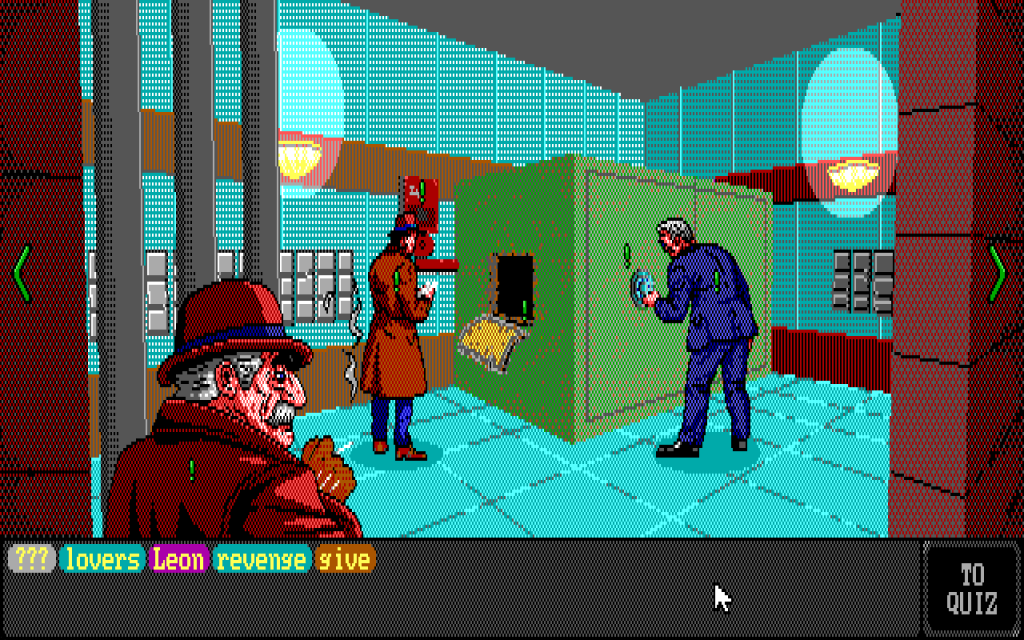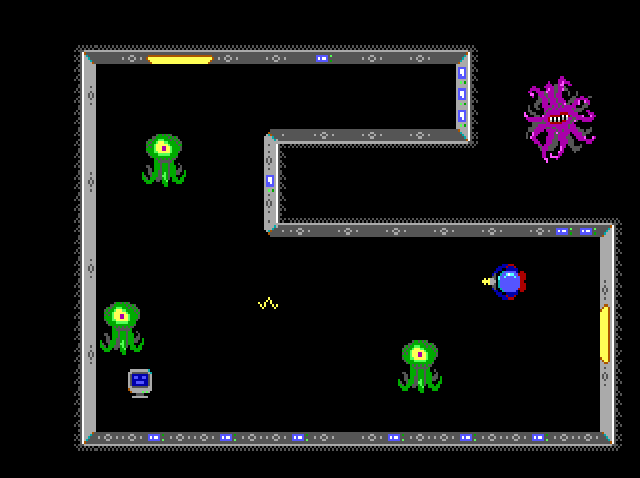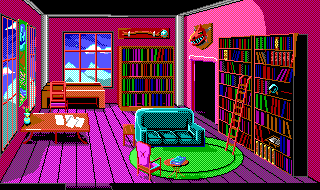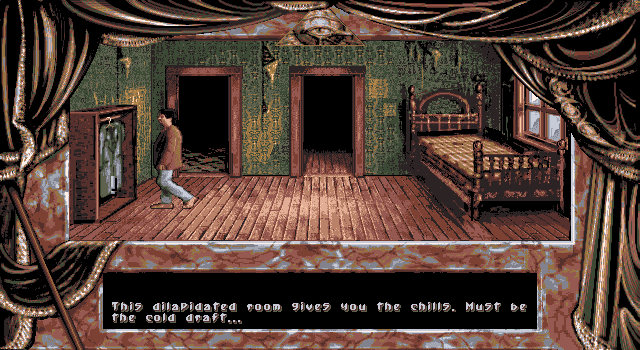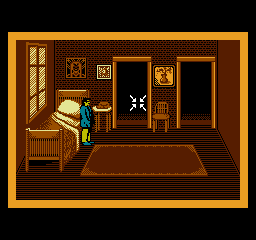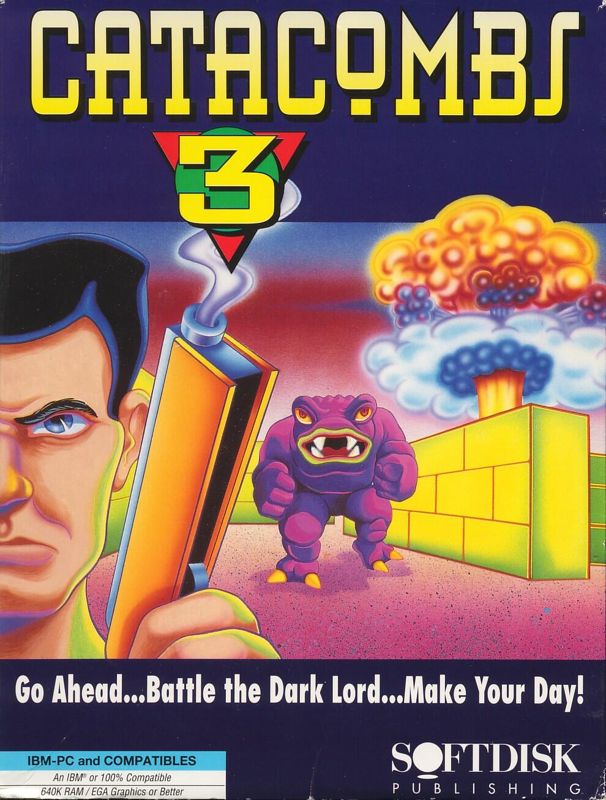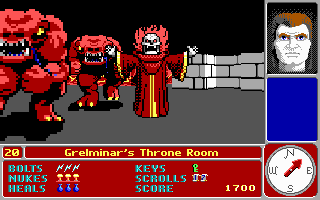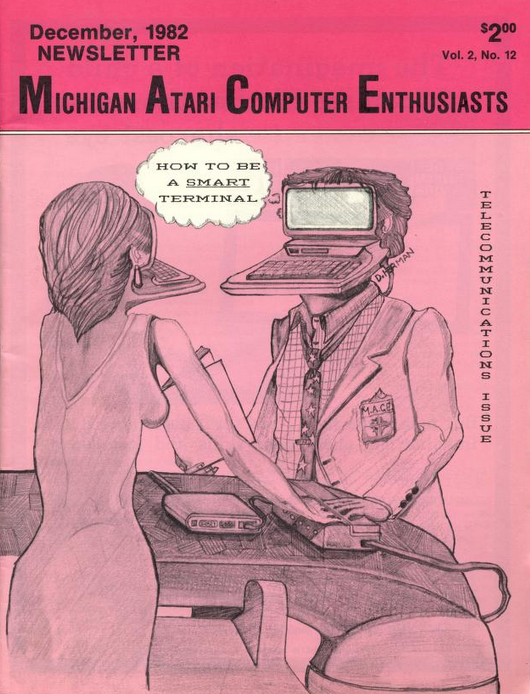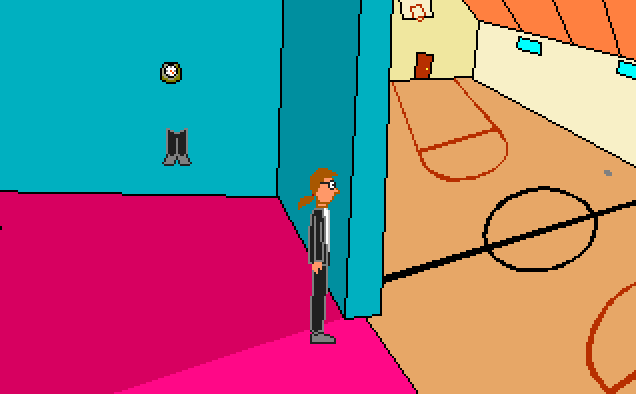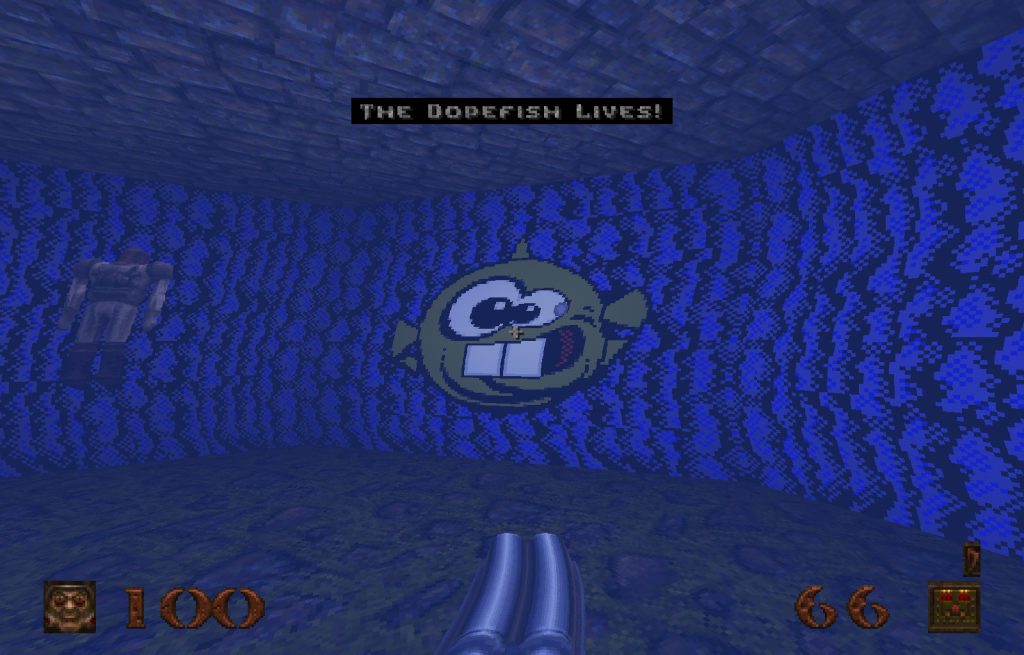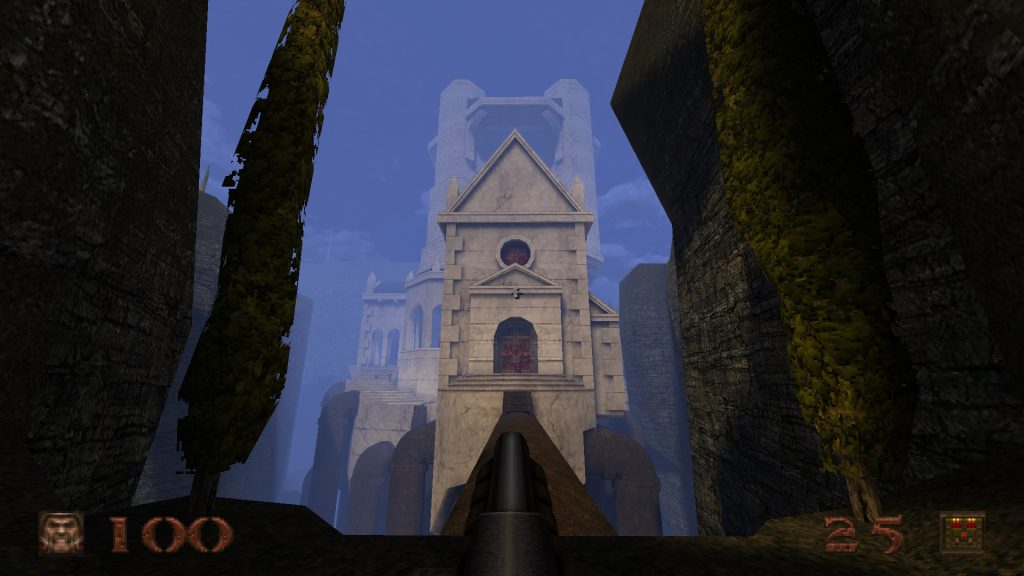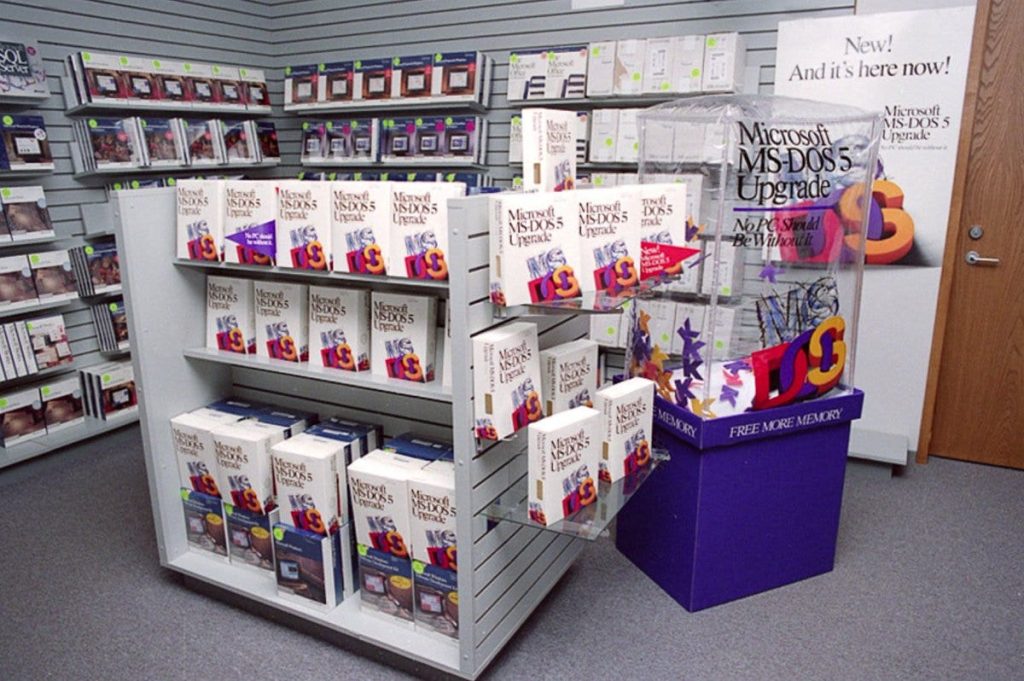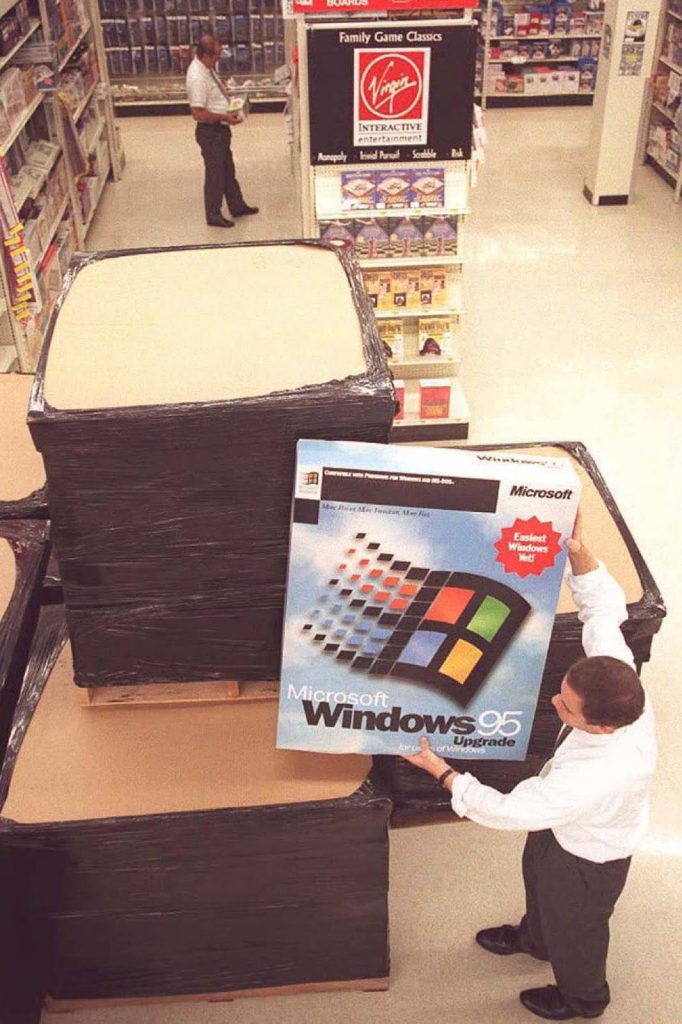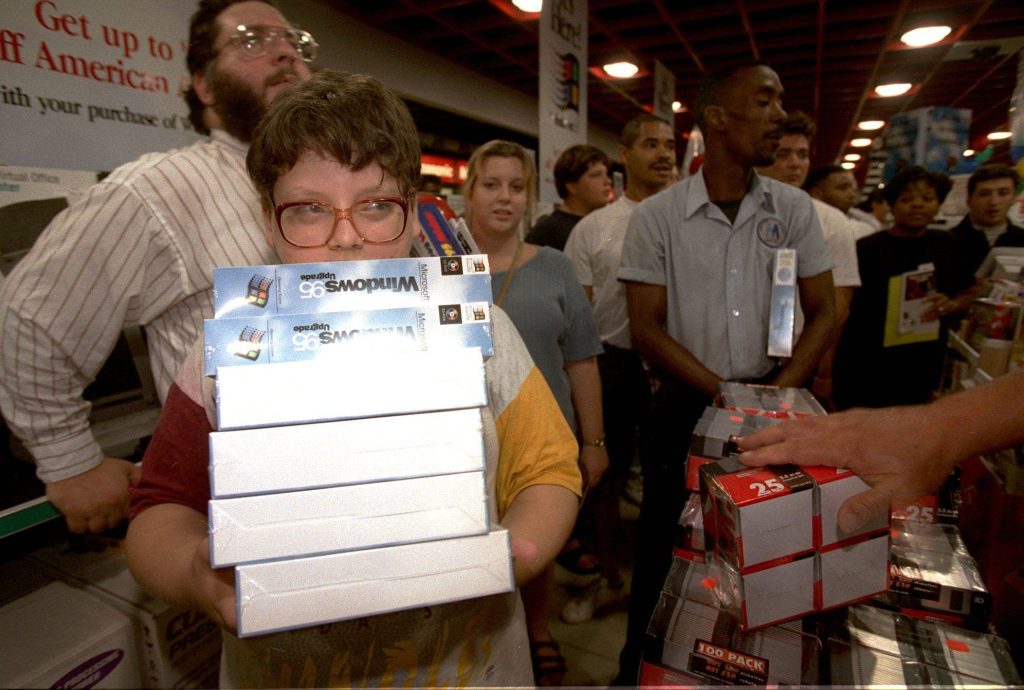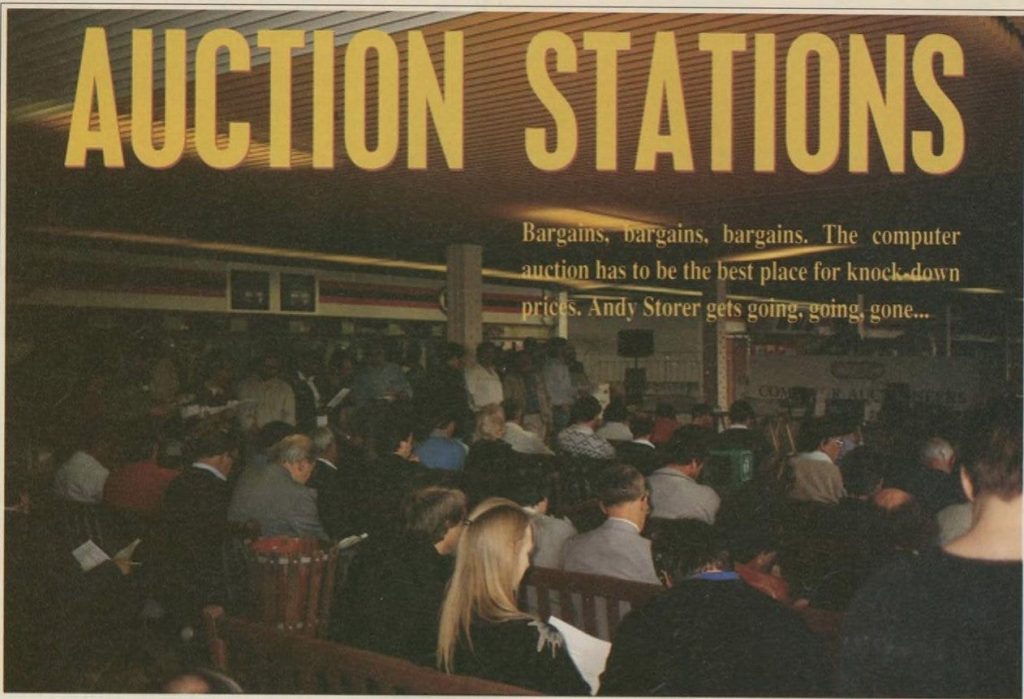I just realized I had a lot of sources I cycle between for abandonware games and thought it should be something to share, since this is just a blog and not a real games website, and I can post whatever I want. Abandonware, software that is no longer easily available because it is not sold anywhere by the publisher, is frequently a thing in games unfortunately and it doesn’t help that a lot of people just define it as “well this thing is old, so I can put it up for download even if it’s still for sale” which isn’t how preservation works! Anyway, here’s some sites I like that put care into what they upload, update them to work on modern versions of Windows, and take down the downloads if they get rereleased.
The Collection Chamber is the one I look at the most. It’s updated on a monthly basis and has a wide variety of stuff, with a focus on 90s games for Windows that you cannot easily run in DOSBox. It has so many games from the multimedia era that I find fascinating.
Zomb’s Lair has not been updated in a long time but hosts a lot of 90s computer games packaged for modern Windows as well. One of the most interesting ones to me is VNC: Virtual Nightclub, which was apparently an adventure game by the folks that made Burn: Cycle and was sold only through the Sci-Fi Channel phone line, so it was incredibly hard to find anything about it for a long time. I need to do a longer writeup on it sometime. It’s not “good” but it’s a fascinating time capsule of how we viewed the internet and virtual reality at the time.
Mr. Abandonware has organized a collection on the Internet Archive of DOS games packaged to run on modern windows, and it includes a lot of major games. lt’s kind of wild how many games that were commercial and critical hits just aren’t available for sale anywhere.
SentienceSnakes164 has a collection on the Internet Archive as well of games packaged to run on modern versions of Windows. This is more focused on 00s era games, mostly licensed ones that have been pulled from sale, but there’s some oddballs like early Monolith stuff and lesser known FPS like KISS: Psycho Circus.
There’s probably another post in me where I highlight freeware remakes of retro games, but I do want to give a shoutout to this one of Lode Runner: The Mad Monks’ Revenge. This was a game by Sierra that I really liked at the time and this remake adds likes of nice quality of life features.
Finally, MyAbandonware is a fascinating site to watch. It’s just constantly uploading stuff I never heard of. While it’s not focused on updating games to work on modern versions of Windows, they occasionally provide an update. This isn’t a criticism, no one could reasonably update all the games this site uploads.
That’s all I’ve got for this post. Feel free to add others in the comments as long as they aren’t uploading games that are still being sold.

